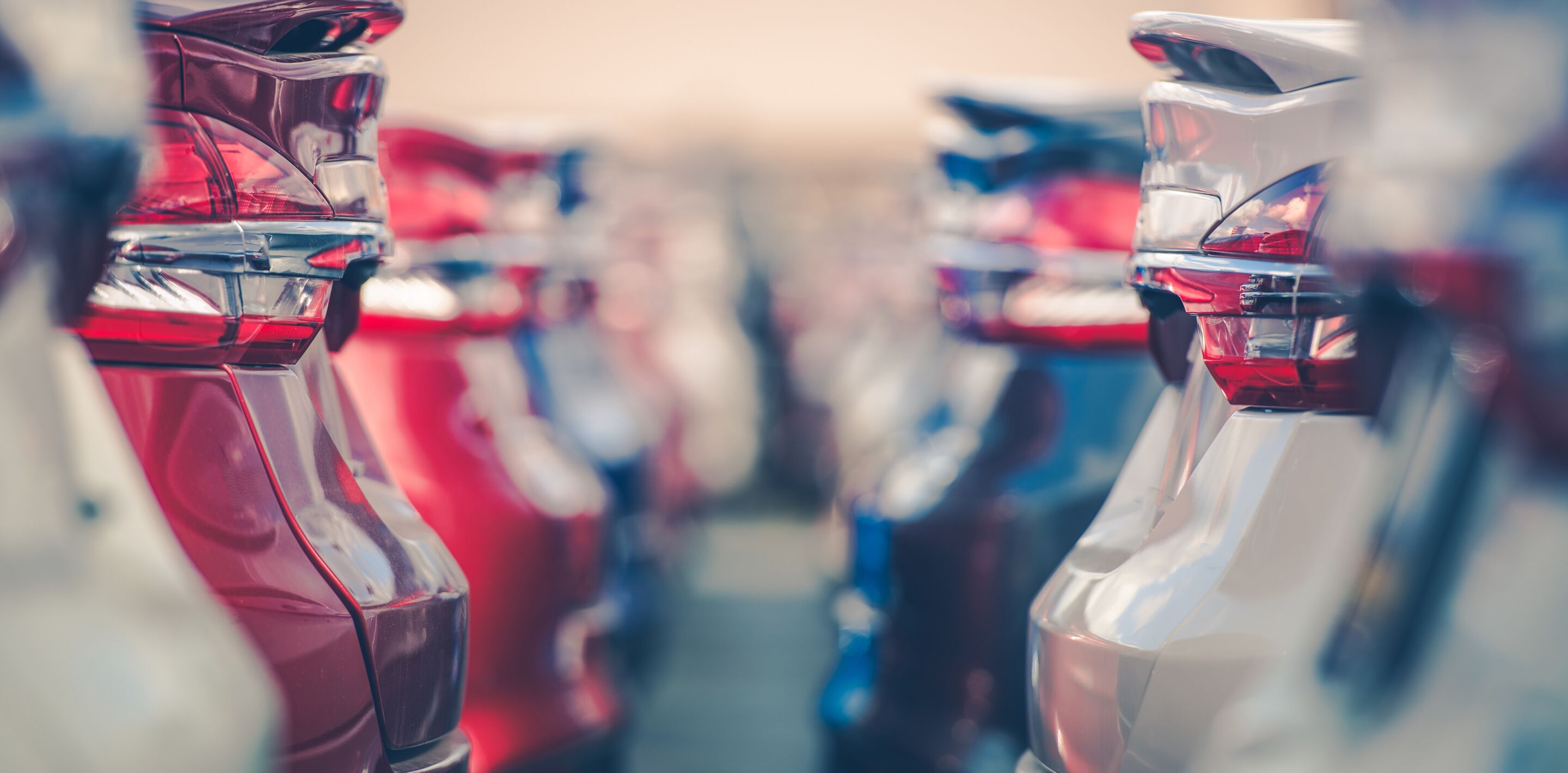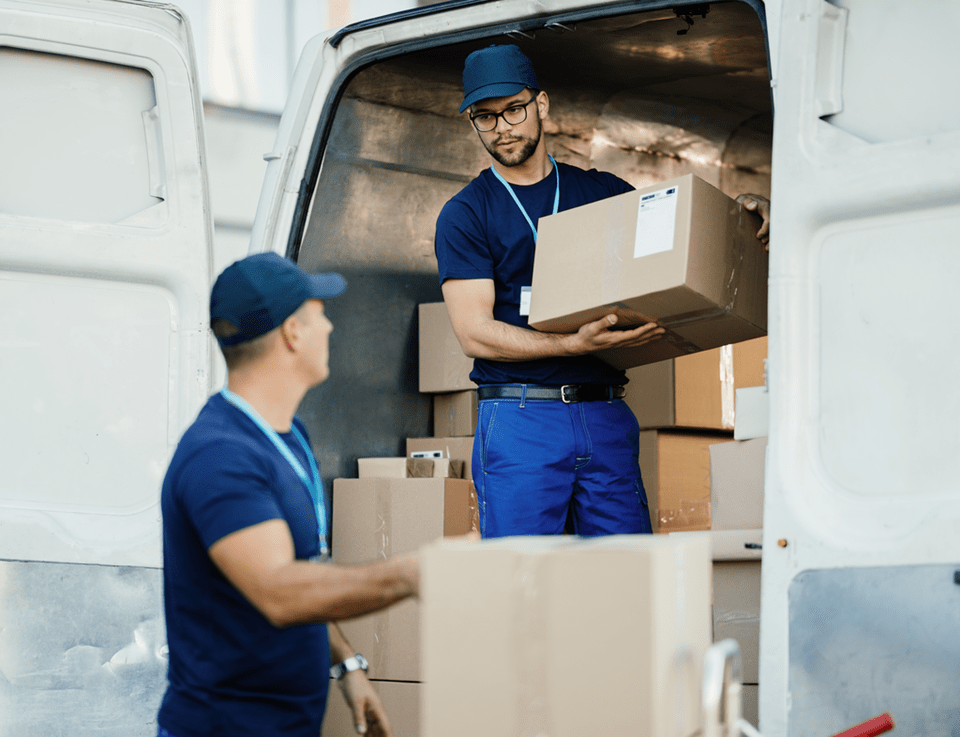
LeasePlan Mobility Insights Report: “Clean and green” are the new normal
LeasePlan, together with the research institution Ipsos, has published the 'New Normal' edition of its annual Mobility Insights Report, which assesses the impact of COVID-19 on mobility habits. The main conclusion: sustainability is high on the agenda.
This report surveyed more than 5,000 drivers in 22 countries on their mobility habits during the COVID-19 crisis. It also asked them how they imagine the future will look post-COVID. Here are the answers from the Belgian respondents. Curious about the results from the other countries? Click on this link.
The car is still king – and more secure on its throne than ever
An initial key finding: the respondents avoided using public transport for reasons of fear, too many people being in close proximity, etc. In total, 63% of respondents stated that they have used public transport less frequently. While they did travel, they preferred to do so using their own car: 78% said they have made more use of their own vehicle during the pandemic. Most respondents (80%) stated that the pandemic has made them more aware of the safety and comfort of their own vehicle.

Climate change: awareness is growing
However, driving more often also means having a greater impact on the environment and the climate. And drivers are aware of this. 43% of respondents said they have taken climate change more seriously as a global threat since the start of the COVID-19 pandemic. For 39% of Belgian respondents, this increased awareness is an incentive to switch to an electric vehicle with zero emissions.

A stream of parcels: but what about all the vans?
More and more people are doing their shopping online. It can be hard to resist the temptation of having a parcel delivered straight to your door. The report shows that since the beginning of the pandemic, respondents have increasingly started using the credit card online and opted for home delivery for food items (25% of Belgians). This is even higher for items such as clothing and electronic goods, which stands at 47%.
However, these parcels have to be delivered in vans, which means demand for (electric) light commercial vehicles is growing rapidly. Many respondents (41%) are concerned about the increase in congestion and pollution from vans post-COVID. However, the solution is clear: 100% of Belgian couriers are prepared to work with other companies to reduce congestion and switch to zero-emission electric vans.
Tex Gunning: wake-up call
LeasePlan's CEO has drawn the following conclusions from the report: “This report is a wake-up call for the industry: shared mobility and public transport is out, and safe and clean private transport is in. At the same time, drivers are more environmentally conscious than ever, with almost half ready to go electric.We asked policymakers in each of the 22 countries surveyed to invest in long-term incentives for EVs and charging infrastructure. Everyone should have the opportunity to go electric, making 2021 the greenest year ever for road transport.”
Mark Lovett, Head of Company Vehicles, supports his CEO's outlook: “LCVs have never been more important: every retail company that wants to succeed in the new normal will need a fleet of LCVs to meet the growing demand for online shopping and last-mile delivery. However, this demand must be met in a responsible manner, and concerns about congestion and pollution from vans need to be addressed. The good news is that OEMs are making more electric vans than ever before, so in 2021 there is no excuse not to swap the white van for a green van and make every delivery emission-free."


